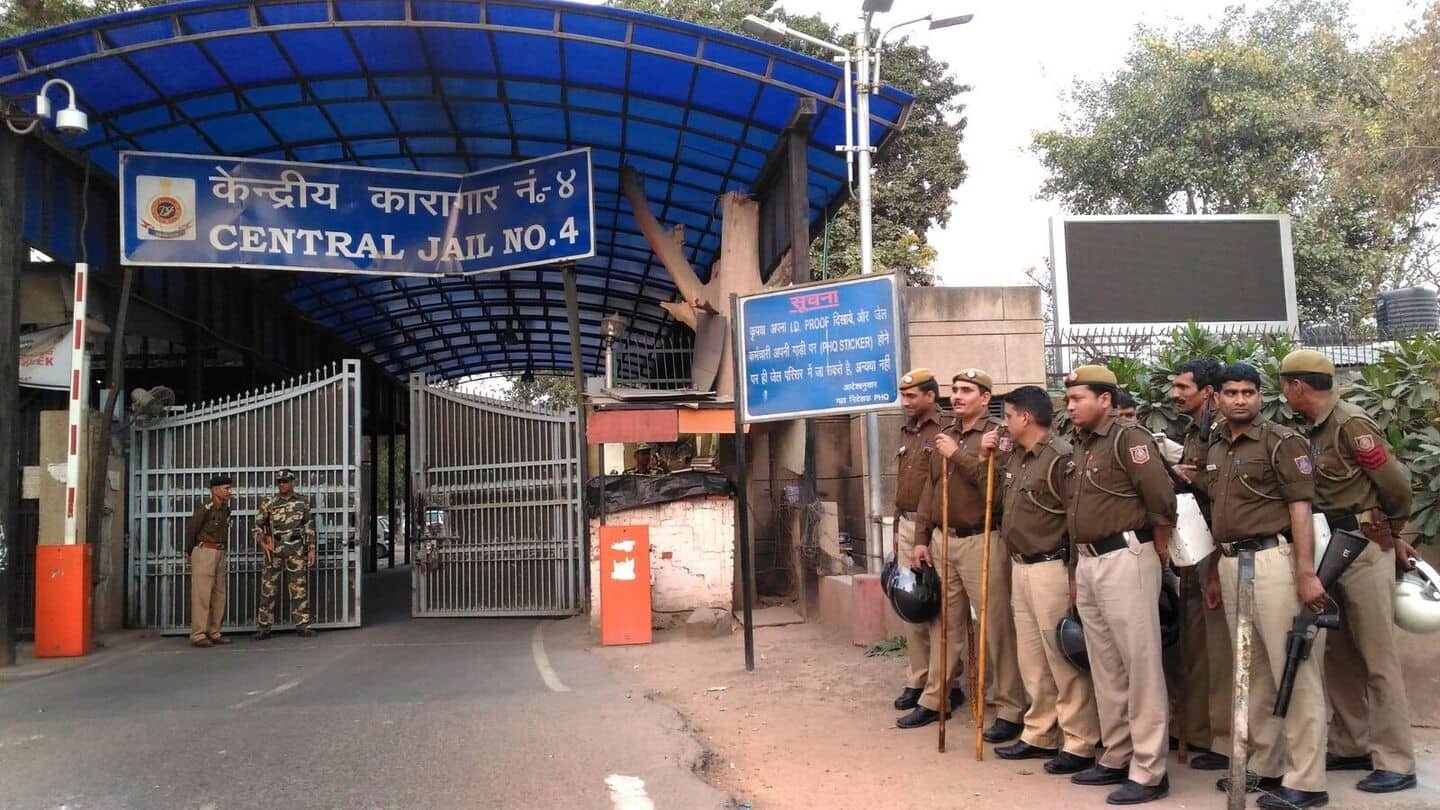
Delhi's Tihar Jail is relocating: Here's what we know
What's the story
Delhi Chief Minister Rekha Gupta announced plans for the relocation of Tihar Jail, South Asia's largest prison complex, while presenting the 2025-26 budget, on Wednesday.
She dedicated ₹10 crore for the purpose and related expenses.
According to Gupta, the new facility will be built on Delhi's outskirts in a bid to decongest and improve conditions for inmates.
Overcrowding crisis
Tihar Jail's history and current situation
Tihar Jail was set up in 1958 and is spread over 400 acres of land. It was initially run by Punjab, but was handed over to Delhi in 1966.
Although the prison complex was meant to house around 10,026 inmates, it currently has over 19,000, resulting in cramped conditions for inmates inside.
Space challenges
Tihar Jail's overcrowding: A source's perspective
A Tihar Jail source told PTI that they had approached for space in Baprola, but couldn't get it due to encroachment.
"We have written to the Delhi government to provide 100 acres of land somewhere else," they said.
"Jail Numbers 1 to 9 are designed to house approximately 5,000 inmates, but these accommodate over 12,000 prisoners at present," the source said.
Jail numbers 10 to 16 were designed to house approximately 3,700 inmates, but currently accommodate over 3,900 inmates.
Rehabilitation society
Jail has housed the country's most prominent gangsters and politicians
"Jail Number 4 in Tihar and 12 in Mandoli Jail are known as 'Mulaija Jail' which means first-time offenders. We have a large number of inmates in these two jails," the source added.
The jail has housed the country's most prominent criminals, political personalities, and activists, including Arvind Kejriwal, Manish Sisodia, Sanjay Singh, and Satyendar Jain.
Gangster Chhota Rajan, former Bihar Chief Minister Lalu Prasad Yadav and international serial killer Charles Sobhraj were imprisoned in Tihar.
Society
A society under the aegis of the Delhi Jail
Apart from the relocation, the chief minister declared in the budget that a society would be formed under the auspices of the Delhi Jail.
The society would prioritize the reformation and rehabilitation of inmates. It will accomplish this by enhancing their overall skills through a variety of skill-building initiatives.
Furthermore, the society will professionalize the operation of various factories and production units inside the jails.